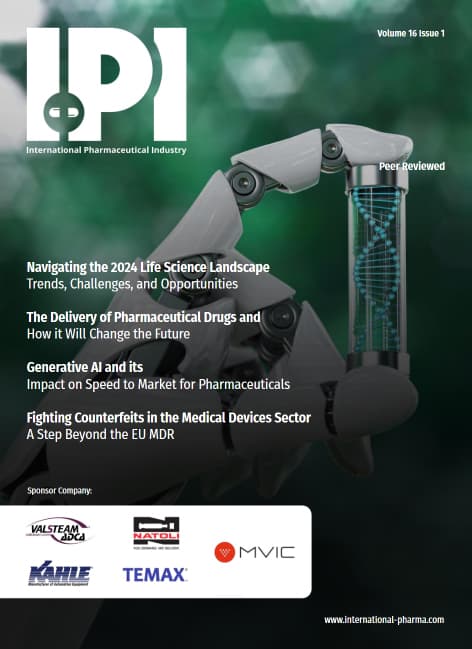The therapy becomes the first pegylated enzyme for the treatment of adult patients with Fabry disease.
Chiesi Global Rare Diseases – part of the Chiesi Group – and Protalix BioTherapeutics have announced that the European Medicines Agency’s (EMA) Committee for Medicinal Products for Human Use (CHMP) has adopted a positive opinion, recommending marketing authorisation for PRX-102.
The therapy – also known as pegunigalsidase alfa – is the first and only pegylated enzyme for the treatment of adult patients with Fabry disease.
PRX-102 is a novel recombinant ?-Galactosidase-A enzyme being researched as an enzyme replacement therapy (ERT) for the treatment of Fabry disease.
The EMA’s opinion was based on a marketing authorisation application (MAA) that included positive data from a thorough series of preclinical, clinical and manufacturing studies, all of which were researching various aspects of PRX-102.
Meanwhile, the clinical development programme included the completed phase 3 BALANCE, BRIDGE, and BRIGHT clinical trials, the phase 1/2 clinical trial and ongoing extension studies. The therapy has been studied in over 140 patients, consisting of both ERT-naïve and ERT-experienced patients. It also included a ‘head-to-head’ study versus the agalsidase treatment.
Giacomo Chiesi, head of Chiesi Global Rare Diseases, feels that the treatment is a notable milestone: “Chiesi and our partners at Protalix are deeply committed to people living with Fabry disease and their families, many of whom experience unmet medical needs.”
He added: “Our deepest gratitude to all the individuals with Fabry disease who have participated in clinical trials. Thanks to them, PRX-102 has been extensively studied during the clinical development programme, providing the data for the CHMP’s evaluation and positive opinion for PRX-102. We look forward to advancing towards approval and launch in Europe and will continue our mission to deliver this potential new treatment option to people living with Fabry disease around the world.”
Professor Derralynn Hughes, professor of experimental haematology, at University College London, concluded: “Fabry is a rare disease with high unmet needs. People living with Fabry disease experience a significant symptom and treatment burden that can have a serious and debilitating impact on their overall quality of life.
“The CHMP positive opinion is welcome news for the Fabry community and, if approved, will offer an important new option for treating this debilitating and complex disease.”
The positive opinion is now referred to the European Commission and a final decision on the MAA is expected at the beginning of May this year.

























